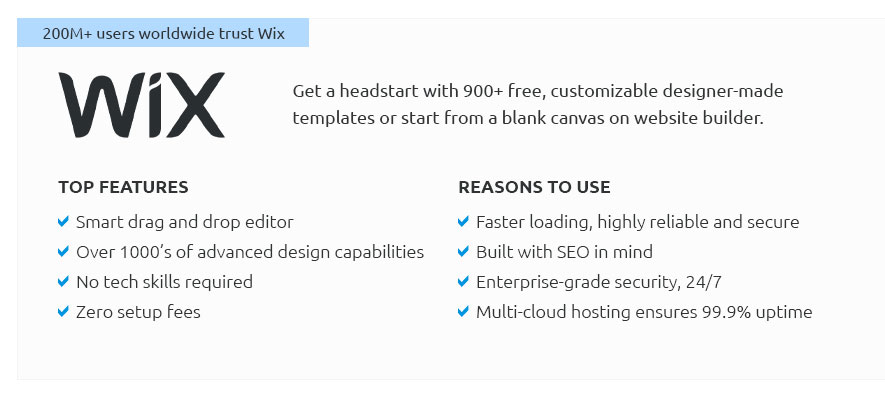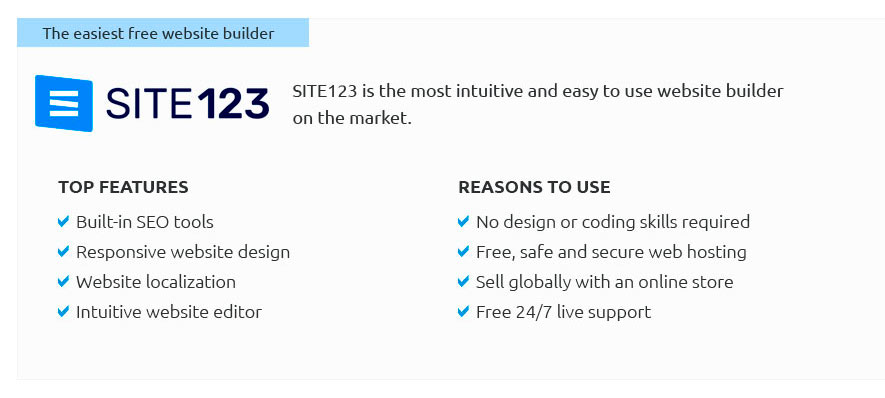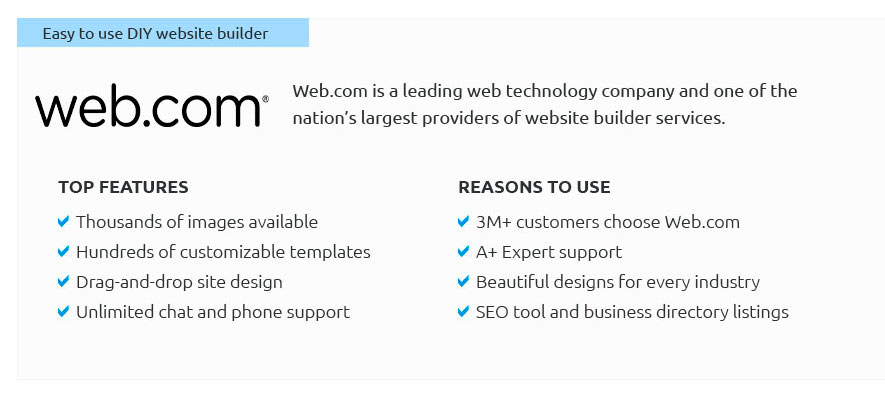 |
 |
 |
 |
|
 |
 |
 |
|
 |
|
 |
 |
|
 |
|
 |
|
 |
 |
How to Create a Website with a Database: Expert Tips and AdviceBuilding a website with a database can seem daunting, but with the right guidance, it's a manageable task. Whether you're a beginner or looking to refine your skills, this guide will walk you through the essential steps. Understanding the BasicsBefore diving into development, it's crucial to understand the foundational concepts. What is a Database?A database is a structured collection of data that can be easily accessed, managed, and updated. In web development, databases store information that your website can use to provide dynamic content. Why Use a Database?Databases enable websites to offer personalized experiences, manage large volumes of data efficiently, and ensure data integrity. For more comprehensive guidance, you might explore resources on how to diy website for additional insights. Setting Up Your EnvironmentTo create a website with a database, you'll need a few key components.
Building the WebsiteWith your environment set up, you can begin developing your website. Designing the DatabasePlan your database schema carefully. Determine the tables you'll need and how they relate to each other. This step is crucial for efficient data management. Developing the FrontendThe frontend is what users interact with. Use HTML, CSS, and JavaScript to create an engaging and user-friendly interface. Connecting to the DatabaseUsing your server-side language, establish a connection to your database. This connection allows your website to query and manipulate data. For a detailed exploration of this process, consider checking out how to a website, which provides a thorough breakdown of the necessary steps. Testing and LaunchingBefore making your website live, rigorous testing is essential. Testing the FunctionalityEnsure all features work as intended. Check forms, data retrieval, and user interactions for any errors. Optimizing for PerformanceOptimize your database queries and server response times to enhance the user experience. FAQWhat is the best database for a beginner?For beginners, MySQL is a great choice due to its ease of use and extensive online resources. How do I secure my database?Implement strong authentication, encrypt sensitive data, and regularly update your DBMS to protect your database. Can I use a free hosting service for my database?While free hosting can be used for small projects, it's advisable to use a paid service for better reliability and support. https://www.reddit.com/r/learnprogramming/comments/ums7gr/building_a_website_with_a_database_from_scratch/
What things should I learn first so I can lay down the fundamentals to build this project. Thanks! Archived post. New comments ... https://aicontentfy.com/en/blog/how-to-build-website-database-comprehensive-guide
In this comprehensive guide, we will unravel the mysteries behind website databases and show you how to construct one from scratch. https://www.youtube.com/watch?v=4KQwOcHiLCc
Website Development Tutorials brought to you by TONY TUTORIALS.
|